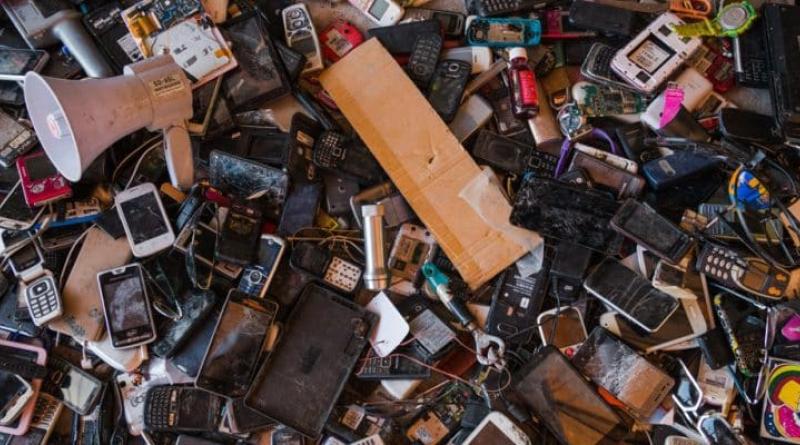BENIN: 123 tonnes of electronic waste collected and recycled in cities

As part of their CSR (corporate social responsibility) initiatives in Benin, the South African telecommunications multinational MTN and the Swedish technological solutions provider Ericsson announce that over the past two years they have collected and recycled 123 tonnes of waste electrical and electronic (D3E).
In Benin, old computers and mobile phones now have a second life after their use. Between 2021 and 2023, 123 tonnes of waste electrical and electronic equipment (W3E) were collected and recycled in several cities, notably Cotonou and the capital Porto-Novo, where 34% of Beninese people have daily access to the internet, according to the International Telecommunications Union (ITU).
The initiative was carried out as part of Swedish device manufacturer Ericsson's Product Take-back Program in partnership with the subsidiary of South African mobile operator MTN. “This operation is in line with our environmental, social and governance (ESG) commitments to advance climate action and environmental preservation in Africa ,” indicates MTN Benin led by Uche Ofodile.
The Ericsson teams, headquartered in Stockholm, Sweden, explained the process " firstly to ensure that decommissioned network equipment is recovered by approved recyclers and then to obtain at MTN Benin certificates of destruction that guarantee the safe disposal of equipment . A step forward for the circular economy in this West African country.
Danger to health and the environment
However, a report from the United Nations (UN) predicts that the volume of electronic waste will reach up to 74 million tonnes by 2030 in Benin. This is 20 times more than the 2.9 million tonnes that the continent generated in 2019. Faced with these alarming figures and which are not likely to decrease due to the increase in device sales, other countries like Rwanda are focusing more on user awareness.
In 2022, a campaign launched by the Rwandan government in partnership with the United Nations Environment Program (UNEP) informed Kigali residents that smartphones contain dangerous chemicals such as lead, which has toxic effects on the human immune system and pollutes the environment (soil, groundwater).







